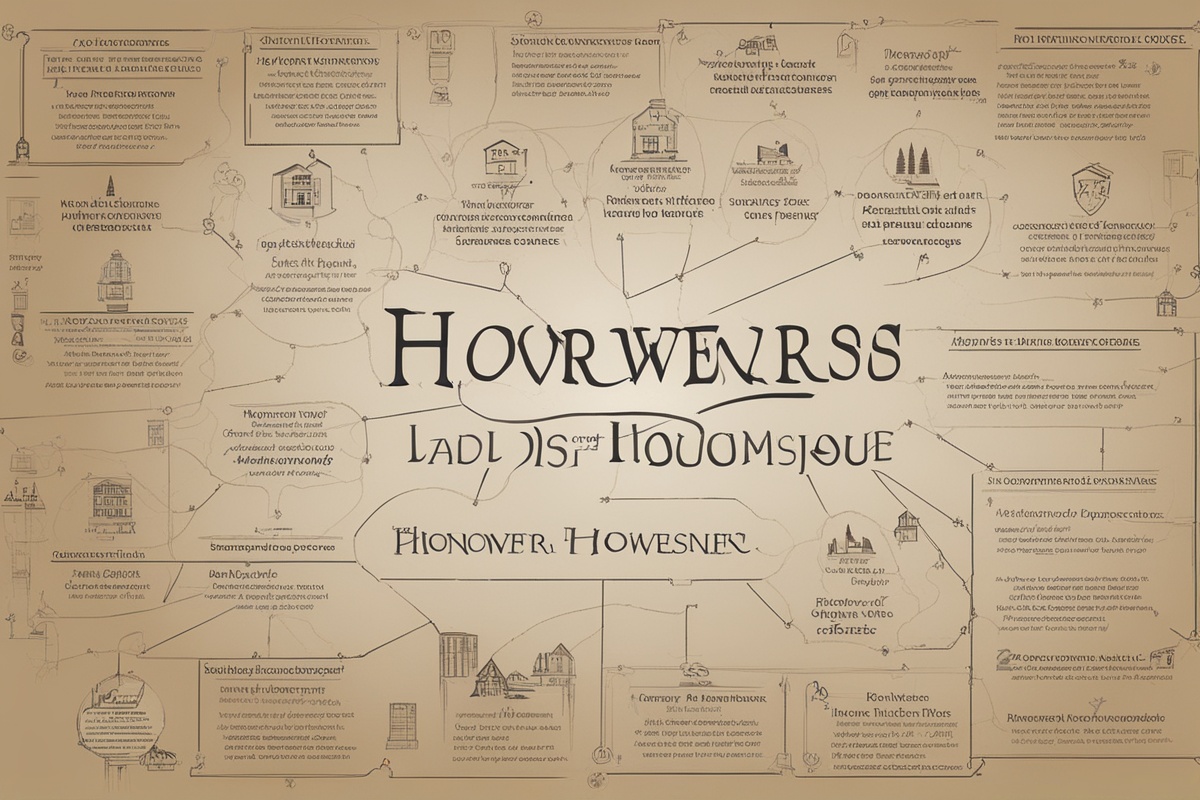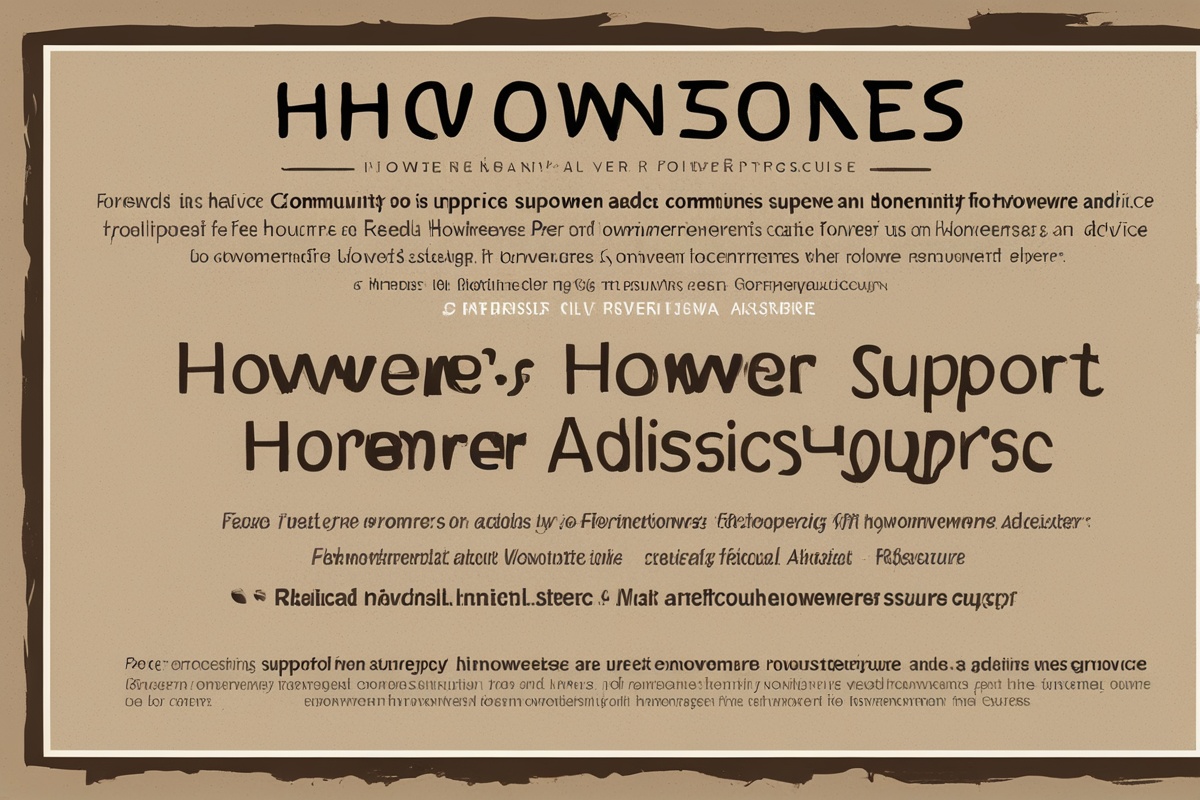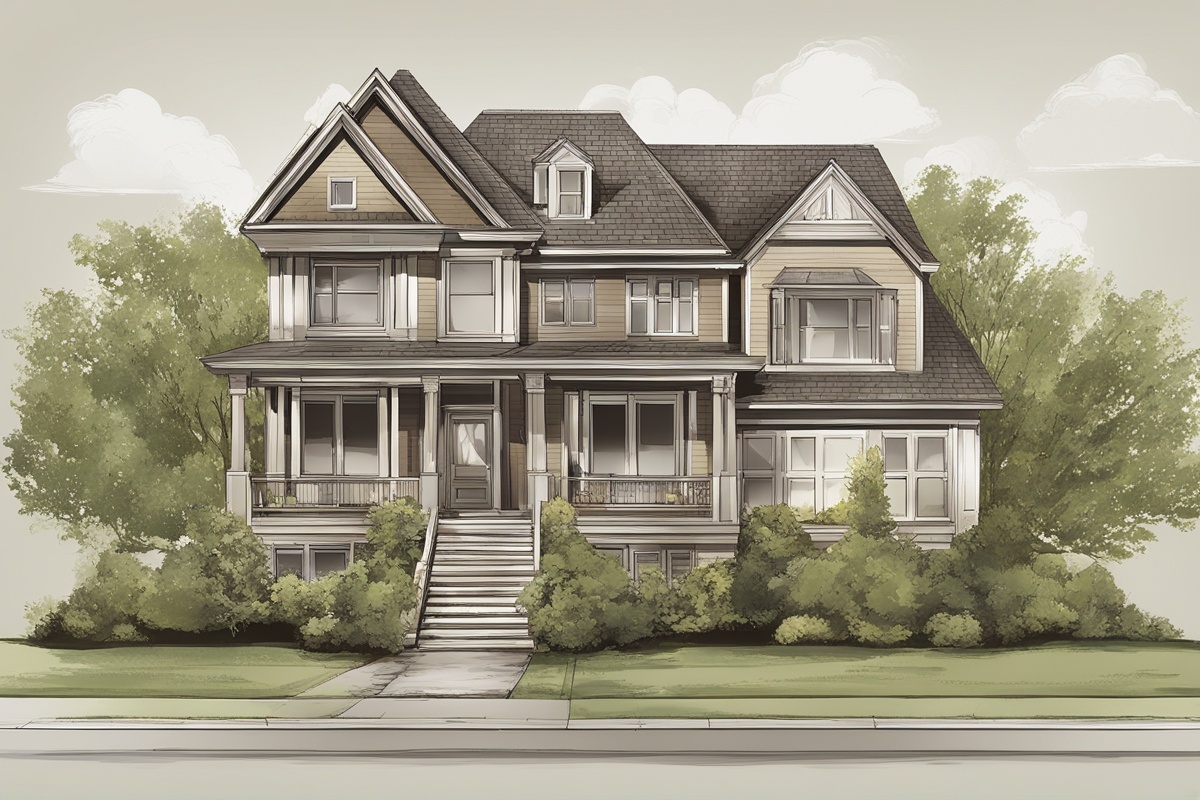Owning a home is a rewarding yet challenging experience, and being part of a homeowner community can make all the difference. Whether you’re part of a formal homeowners association (HOA) or an informal neighborhood group, fostering a strong, supportive network can enhance property values, improve safety, and create a sense of belonging. In this post, we’ll explore practical tips for homeowner communities to thrive, collaborate, and address common challenges effectively.
Establish Clear Communication Channels
Effective communication is the backbone of any successful homeowner community. Without transparent and accessible ways to share information, misunderstandings can arise, leading to frustration or conflict. One of the most practical tips for homeowner communities is to set up multiple communication platforms to suit different preferences. For instance, a community email list or newsletter can keep everyone updated on meetings, events, and maintenance schedules. Additionally, creating a private social media group or using apps like Nextdoor can facilitate quick, informal discussions.
Regularly scheduled meetings—whether virtual or in-person—also provide a space for residents to voice concerns and brainstorm solutions. To ensure inclusivity, consider offering hybrid options for those who can’t attend physically. By prioritizing open dialogue, you build trust and ensure that everyone feels heard. For more insights on community engagement, check out our post on Building Strong Neighborhood Connections.
Create and Enforce Community Guidelines
Every homeowner community needs a set of guidelines or bylaws to maintain order and fairness. These rules might cover topics like property maintenance, noise levels, parking, and pet policies. One of the most practical tips for homeowner communities is to involve residents in the creation or revision of these guidelines. When people feel they’ve contributed to the rules, they’re more likely to follow them.
Transparency is key when enforcing these guidelines. Clearly communicate consequences for violations and ensure the process is consistent and impartial. If your community is part of an HOA, consider hiring a professional management company to handle enforcement, as this can reduce personal conflicts. For tips on managing disputes, read our guide on Resolving Neighborhood Disputes.
Organize Community Events and Activities
Building a sense of camaraderie is essential for a thriving homeowner community. Hosting events like block parties, holiday celebrations, or cleanup days can bring neighbors together and foster friendships. A practical tip for homeowner communities is to form an events committee to plan and execute these gatherings. Delegate tasks such as budgeting, promotion, and logistics to ensure no single person is overwhelmed.
Don’t forget to cater to diverse interests and age groups. For example, organize kids’ activities, fitness classes, or book clubs alongside larger events. These initiatives not only strengthen bonds but also make your neighborhood a more desirable place to live. Need ideas for community events? Explore our article on Creative Neighborhood Event Ideas.
Focus on Shared Maintenance and Improvements
Shared spaces like parks, sidewalks, and community centers are often the heart of a homeowner community. Keeping these areas well-maintained boosts property values and enhances residents’ quality of life. A practical tip for homeowner communities is to create a maintenance schedule for common areas and encourage volunteer participation. For larger projects, such as repaving roads or upgrading playgrounds, consider pooling resources through HOA dues or fundraising events.
Additionally, prioritize sustainability by incorporating eco-friendly practices, such as installing solar-powered streetlights or starting a community garden. These efforts not only save money in the long run but also attract environmentally conscious homeowners. For more on sustainable living, see our post on Eco-Friendly Homeowner Tips.
Address Safety and Security Concerns
Safety is a top priority for any homeowner community. Collaborating on security measures can provide peace of mind for all residents. One of the most practical tips for homeowner communities is to establish a neighborhood watch program to deter crime and keep an eye on suspicious activity. Partnering with local law enforcement for training or regular patrols can further enhance safety.
Investing in communal security features, such as gated entrances, surveillance cameras, or improved lighting, can also make a significant difference. Encourage residents to report concerns promptly and share updates on safety issues through community channels. For additional resources, check out our guide on Neighborhood Safety Strategies.
Encourage Financial Transparency and Planning
Financial management is a critical aspect of running a homeowner community, especially for HOAs. Dues and fees collected from residents fund essential services like landscaping, repairs, and amenities. A practical tip for homeowner communities is to maintain transparency by sharing detailed budgets and expense reports with all members. Host annual meetings to discuss financial goals and upcoming projects, ensuring everyone understands how their money is being used.
Planning for unexpected expenses is equally important. Set aside a reserve fund for emergencies, such as storm damage or legal disputes. By being proactive and transparent, you can avoid sudden fee increases that might frustrate residents. This approach builds trust and demonstrates responsible stewardship of community resources.
Disclaimer: The information provided in this post is for general informational purposes only and should not be considered legal, financial, or professional advice. Every homeowner community has unique needs and circumstances, and it’s recommended to consult with relevant professionals, such as legal counsel or HOA management experts, before implementing significant changes or policies. We are not responsible for any decisions or actions taken based on the content of this article.
References
- Community Associations Institute – Homeowner Resources
- Nextdoor – Neighborhood Communication Platform
- Nolo – HOA Basics and Legal Guidelines
- FBI – Community Safety Tips
- U.S. Department of Energy – Energy Saver Tips for Communities
This content is for informational purposes only and not a substitute for professional advice.





